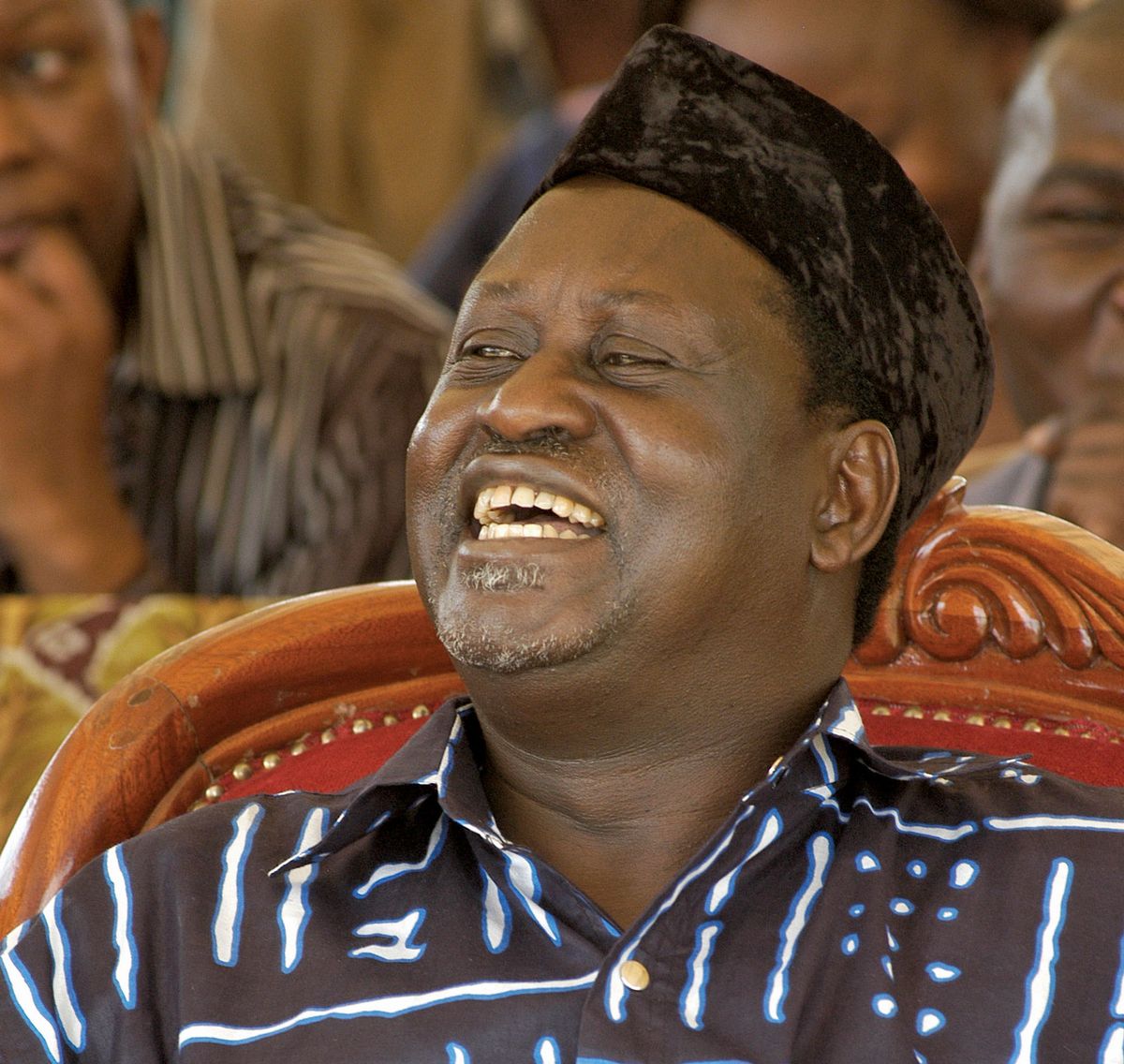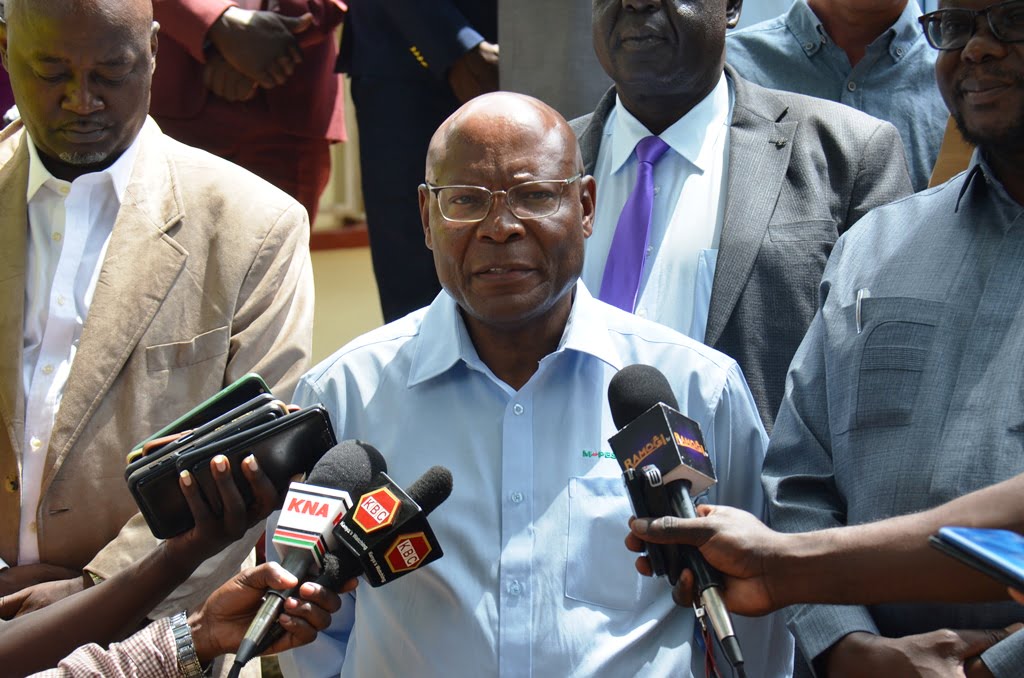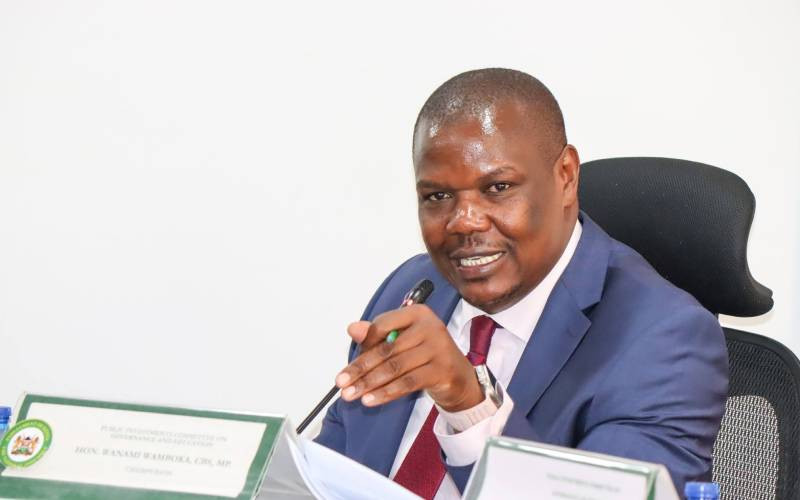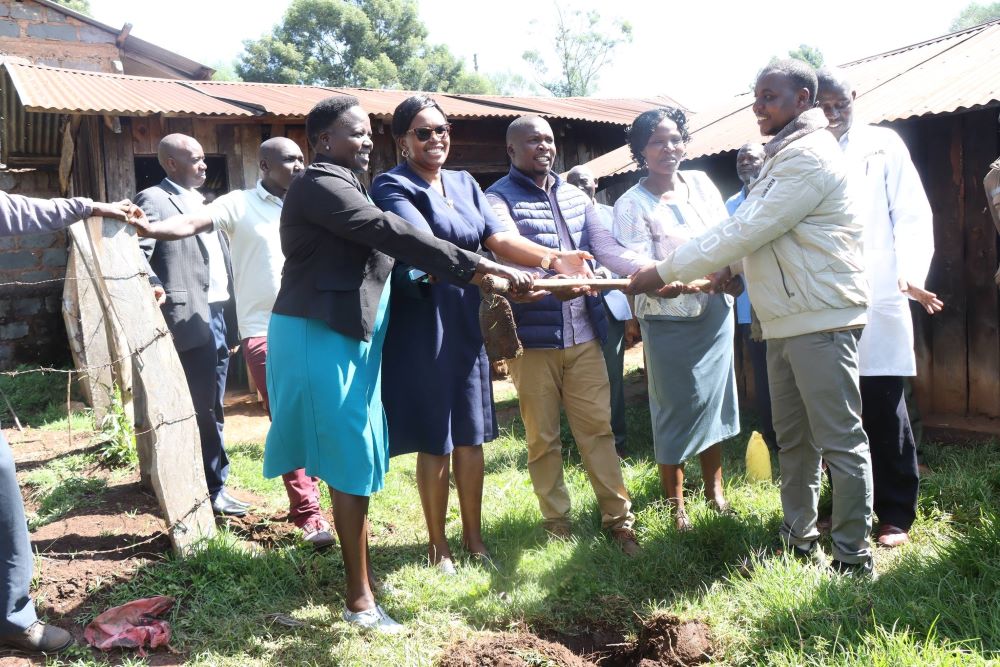The cell was dim and silent, save for the rustle of papers smuggled between books. In that solitude, Raila Odinga bent over a torn notebook, copying a passage from Paulo Freire’s The Pedagogy of the Oppressed. He was not a prisoner seeking pity, but a student refusing defeat. Even in chains, he found freedom through knowledge. To him, learning was rebellion—and rebellion, a form of learning.
That image captures the essence of Raila Amollo Odinga, the man who turned adversity into a classroom and built his legacy on the enduring power of education, resilience, and service to humanity. His passing on October 15, 2025, in Kerala, India, at the age of 80, marked the end of an era—but his ideas and influence live on.
Humble Beginnings and the Fire of Curiosity
Born on January 7, 1945, in Maseno, Kisumu County, Raila grew up under the firm hand of his father, Jaramogi Oginga Odinga, Kenya’s first Vice President. Though the Odingas were respected, the family lived modestly, and Jaramogi insisted that all his children earn their place in the world through discipline and education. At Kisumu Union Primary and later Maranda High School, young Raila displayed brilliance mixed with defiance. Teachers recall a boy who challenged assumptions, asked difficult questions, and helped classmates grasp complex ideas. Many nights, he studied under the dim light of a lantern, his mind alive with curiosity and dreams beyond the lake shores.
Crossing Borders in Search of Knowledge
The 1960s brought an opportunity few could imagine: a scholarship to the German Democratic Republic (East Germany). At the Herder Institute in Leipzig and later the Technical University of Magdeburg, Raila immersed himself in Mechanical Engineering and Welding Technology. Life in Germany was demanding—foreign language, harsh weather, and limited finances—but it hardened his resolve. He took up part-time jobs in factories to support himself, acquiring practical engineering skills that complemented his theoretical mastery. It was in these workshops that Raila learned both precision and perseverance—the twin engines of his later leadership.
Interactions with Scholars and the Birth of an Ideologue
Germany also opened Raila’s world to a melting pot of ideas. He met scholars and revolutionaries from Africa, Asia, and Eastern Europe who debated Africa’s post-colonial destiny. Discussions about justice, socialism, and Pan-Africanism awakened in him a deep political and moral consciousness. He frequently engaged in fiery debates with peers who would later become leaders in their own countries. Raila’s exposure to the writings of Kwame Nkrumah, Julius Nyerere, and Herbert Marcuse helped shape his belief that knowledge must serve humanity. Education, he concluded, was not for prestige—it was for liberation.
ALSO READ:
KNUT condoles former PM Raila Odinga, celebrates him as source of hope
Return to Kenya: The Engineer Who Became a Teacher
In 1970, Raila returned to Kenya armed with a degree and determination. He joined the University of Nairobi as a lecturer in the Department of Engineering, where he quickly gained respect for his intellect and humility. His teaching philosophy was rooted in interaction, not instruction. He encouraged students to challenge him, to invent and innovate. His classes were lively spaces of inquiry, where curiosity was rewarded more than conformity. Yet, as political winds hardened, his independent thinking attracted the watchful eyes of the state.
The 1982 Coup and the Shadow of Persecution
That suspicion erupted in 1982 when Raila was accused of involvement in the failed coup against President Daniel arap Moi’s government. He was arrested and detained without trial for years. Prison could have broken him—but it became his second university. Raila organized study groups, teaching fellow inmates history, philosophy, and English. He devoured books that deepened his understanding of freedom and governance. His resilience during those dark years became legendary. “They could imprison my body,” he once reflected, “but never my mind.”
Resilience: The Thread That Never Snapped
From his boyhood struggles to his political battles, Raila’s life was defined by one unbroken thread—resilience. Whether in freezing German winters or damp prison cells, he refused to surrender his intellect or his ideals. He often said that true education is the ability to think under pressure. His life demonstrated that learning is not confined to classrooms; it is the art of survival, transformation, and leadership.
Education as a Lifelong Calling
As Prime Minister (2008–2013), Raila brought his passion for education into policy. His government expanded free schooling, championed digital learning, and strengthened technical and vocational training. He pushed for equitable education funding, arguing that “a nation that ignores its classrooms writes its own obituary.” His legacy in education policy remains one of accessibility, inclusion, and innovation.
A Scholar among Leaders
Throughout his career, Raila surrounded himself with intellectuals—among them Prof. Anyang’ Nyong’o, Prof. Wangari Maathai, and Dr. Mukhisa Kituyi—believing that leadership without intellect was hollow. He continued to engage with universities worldwide, giving lectures on governance, democracy, and development. In these spaces, he bridged academia and politics, reminding the youth that idea, not wealth, are the engines of progress.
ALSO READ:
Educational Sponsorships and Social Impact
In 2011, Raila launched the Raila Odinga Foundation, a scholarship and mentorship programme that has enabled hundreds of young Kenyans to pursue secondary and university education. While the exact number of full sponsorships remains unverified, countless students—many now professionals—credited Raila and his foundation for their academic success. Beyond institutional efforts, he personally supported many individuals quietly, often without publicity. Additionally, family-linked initiatives like Ruth Odinga’s sponsorship of over 300 technical students in Kisumu reflected a shared Odinga family tradition: education as empowerment.
Contributions to Kenya and the World
Raila’s influence radiated beyond classrooms and borders. Champion of Democracy: He endured detention and political persecution to defend Kenya’s multi-party democracy. Educational Advocate: He advanced national education reforms and supported curriculum modernization. Pan-African Visionary: As African Union High Representative for Infrastructure, he championed continental integration and development. Global Voice: His intellectual and diplomatic engagements earned him recognition as one of Africa’s foremost thinkers on governance and transformation.
Final Chapter and Enduring Legacy
Raila Odinga passed away on October 15, 2025, while undergoing treatment in Kerala, India. His death marked the end of an extraordinary journey that spanned eight decades of learning, leadership, and sacrifice. He leaves behind not only a family and a nation in mourning but also a powerful legacy—of education as the ultimate weapon against ignorance, injustice, and despair. His name will remain etched in the annals of Kenyan history as a man who learned to rise, not because life was easy, but because he refused to bow.
“Education,” Raila once said, “is not just what you know. It is what you do with what you know.”
Indeed, he lived that truth.
By Hillary Muhalya
You can also follow our social media pages on Twitter: Education News KE and Facebook: Education News Newspaper for timely updates.
>>> Click here to stay up-to-date with trending regional stories
>>> Click here to read more informed opinions on the country’s education landscape






